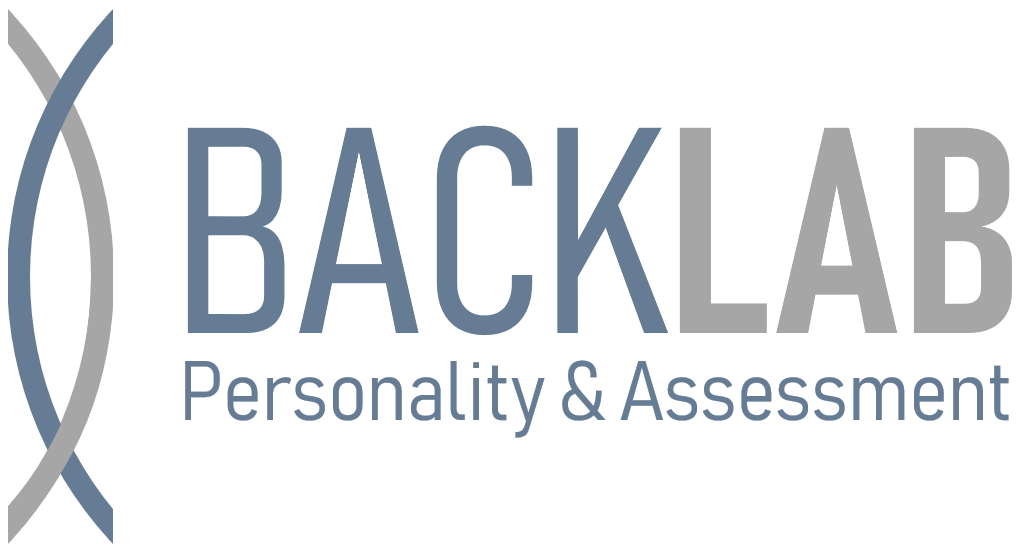Research interests:
- Consequences of positive self-views, self-enhancement, and self-knowledge
- Response Surface Analysis and extensions
- Information-theoretic approach to compare multiple hypotheses
PhD project (2013 – 2019) on (how to investigate) consequences of positive, too positive, or accurate intellectual self-views
In my PhD project, that I finished in March 2019, I investigated self-views about intellectual ability from a differential point of view. More specifically, I was interested in whether intellectual self-views, as well as their relation to "real" ability, are predictive of individual differences in intra- and interpersonal adjustment (e.g., self-esteem, well-being, status, or popularity).
Several contradictory hypotheses about this association have been suggested in the literature. For example, it was suggested that higher self-views should go along with better psychological adjustment (Beneficial Positivity of Self-View Hypothesis). Alternatively, it was suggested that rather the relation of self-viewed versus real ability should be predictive of adjustment differences: The Beneficial Self-Enhancement Hypothesis states that people should be better adjusted the more their self-view exceeds (or the less it trails behind) their true ability. As a final example, the Self-Knowledge Hypothesis posits that self-views should accurately mirror reality to bear adjustment benefits.
Existing literature testing these and related hypotheses painted a contradictory and thus confusing empirical pattern. The main reason for this might be (a) several methodological challenges that arise in the statistical test of the mentioned hypotheses and (b) the fact that previous research has selectively tested one of the suggested alternatives against the uninformative null hypothesis, thereby ignoring other potential explanations of the data.
In my PhD project, together with colleagues from diverse universities, I aimed to overcome these problems. To address the methodological challenges, we suggested a statistical model that represents the Beneficial Self-Enhancement Hypothesis and, in contrast to previous approaches, allows differentiating evidence for this hypothesis from evidence supporting the Beneficial PSV Hypothesis (Humberg et al., 2018a; see also Humberg et al., 2018b). We also identified statistical models that represent the other hypotheses that were suggested in the literature (e.g., the Self-Knowledge Hypothesis) by drawing from the literature on Response Surface Analysis (RSA; e.g., see Humberg, Nestler, & Back, 2019).
Finally, we used data from several large-scale studies (PILS, Connect, data that is provided by researchers from other universities) to simultaneously test the various alternative hypotheses simultaneously in one competitive test (Humberg et al., 2019). To this aim, we combined the identified statistical representations (e.g., the RSA models) with an information-theoretic approach for multiple hypothesis evaluation. This approach allowed us to quantify the relative evidence for each of the suggested alternative hypotheses, so that we could tell which hypotheses did versus did not find empirical support when they were compared to all theoretically relevant alternatives.
Finally, we derived statistical models that future research can adopt to test two nuanced versions of a congruence hypothesis (e.g., of the Self-Knowledge Hypothesis), namely the expectations that (a) incongruence in one direction (e.g., overestimation of one's intelligence) is more detrimental for an outcome than incongruence in the other direction (e.g., underestimation), and that (b) the strength of a congruence effect varies, depending on the predictor level (e.g., self-knowledge matters for persons on low self-view and ability levels, but plays a minor or no role for persons on higher levels).

